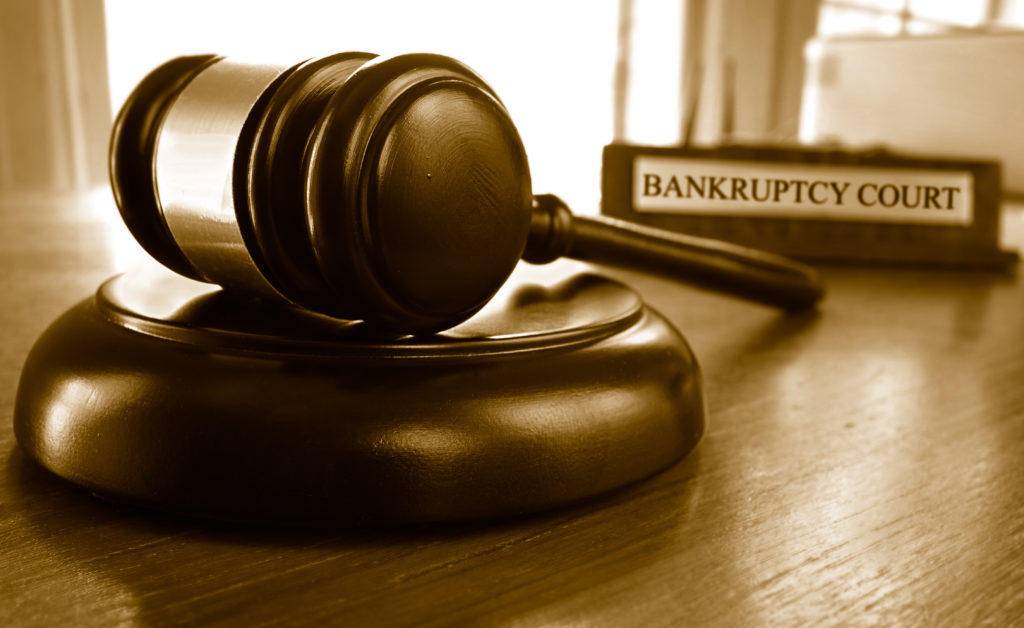 Individuals alleging to have been sexually abused by Catholic clergy will no longer have their cases decided by a jury of their peers. Instead, the success of their claims will be determined in bankruptcy court.
Individuals alleging to have been sexually abused by Catholic clergy will no longer have their cases decided by a jury of their peers. Instead, the success of their claims will be determined in bankruptcy court.
On May 1, 2020, the Roman Catholic Church of the Archdiocese of New Orleans filed a Chapter 11 petition in the U.S. Bankruptcy Court for the Eastern District of Louisiana. The bankruptcy proceedings will affect both plaintiffs who have already initiated civil lawsuits and those who have not yet come forward with their accusations.
“It is shameful that the Archdiocese has deprived brave survivors of clergy sexual abuse from having their day in the proper court,” said trial attorney Frank E. Lamothe, III, founder of the Lamothe Law Firm, LLC. Mr. Lamothe has represented hundreds of survivors, including a man claiming to have been sexually molested by three priests in Houma. Two of the priests were named on Archbishop Gregory Aymond’s list of 57 “credibly accused” priests and clergy members, released on November 2, 2018. He also secured a settlement of more than $5 million for clients abused by church personnel at Madonna Manor and Hope Haven.
The procedures by which survivors pursue their claims in bankruptcy court differs from civil lawsuits. Rather than “plaintiffs,” survivors of alleged sexual abuse by Archdiocese personnel will be designated as “creditors” of the Archdiocese. Judge Meredith S. Grabill, the federal judge overseeing the bankruptcy proceedings, will soon form a committee to represent creditors’ interests and will establish a “bar date” by which time each survivor must file a “proof of claim.”
Abuse survivors who do not file a proof of claim by the deadline risk forever losing their rights to receive compensation from the Archdiocese for the harm they suffered. The Archdiocese will then file a “plan of reorganization,” and the bankruptcy judge will ask creditors to vote to accept or reject the plan.
“Navigating the bankruptcy process as an unsecured creditor is a highly technical, time-consuming, and often frustrating process,” said Kristi S. Schubert, a former bankruptcy attorney who now represents survivors of sexual abuse at the Lamothe Law Firm. “Creditors who closely monitor the bankruptcy proceedings are in the best position to preserve their rights. That means reviewing thousands of pages of court filings, attending court hearings, and strictly adhering to relevant deadlines. Given the stakes and most people’s lack of familiarity with bankruptcy procedures, clergy abuse survivors can greatly benefit from the assistance of an experienced lawyer throughout this process.”
If you or someone you love endured sexual assault or abuse at the hands of a clergy member at any time, please contact us today to discuss your claim. We can help you determine if you may be entitled to damages and represent you during the Archdiocese of New Orleans bankruptcy proceedings.









